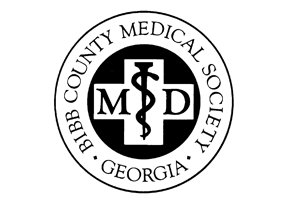May is dedicated to Brain Tumor Awareness Month, and for good reason! According to federal statistics, roughly 23,000 Americans are diagnosed with brain cancer and other nervous system cancers each year. Funds are donated and countless hours of research occur to fight brain cancer in America. Discover the answers to frequently asked questions about brain tumors:
What is a brain tumor?
The cells in our body go through a continuous cycle – birth, age, die, repeat. When this cycle is disrupted, an unhealthy amount of cells are present in the brain and cluster together. This forms a mass of cells that should not be in the brain.
Are all brain tumors cancerous?
No, there are two types of brain tumors – benign and malignant. Benign tumors are not cancerous. Malignant tumors are cancerous, and they usually grow faster and more aggressively than tumors that are benign. Both types of tumors rarely travel to other organs, but they can invade other parts of the brain.
What are the symptoms of a brain tumor?
The symptoms of a brain tumor depend on the specific type of tumor and where it is located in the brain. In general, it’s not uncommon for patients to experience headaches, seizures, personality or memory changes, nausea, or vomiting. If you’re experiencing any of these symptoms, it’s important to act fast. Don’t wait another day to make an appointment with a skilled neurosurgeon.
What causes brain tumors?
Research has been unable to pinpoint the exact cause of brain tumors. Few known factors that may increase the risk of developing a brain tumor include age, rare genetic conditions such as neurofibromatosis or Li-Fraumeni syndrome, and past experiences of radiation to the head.
What treatment options are available?
If you’ve been diagnosed with a brain tumor, it’s vital to have the tumor removed even if it’s benign. A neurosurgeon will expertly remove the tumor through surgery. Learn more about our brain procedures here, and if you have any questions, don’t hesitate to contact us.







